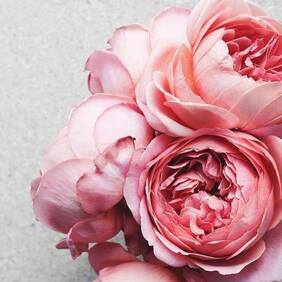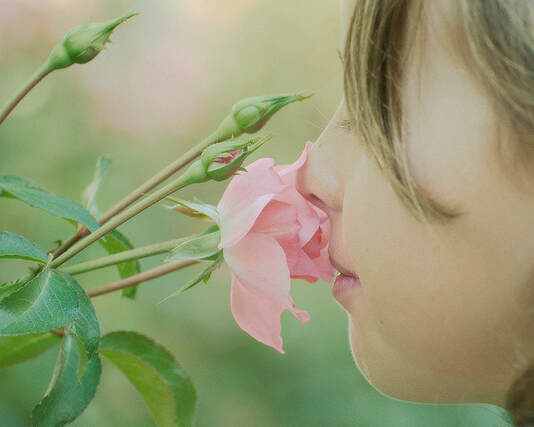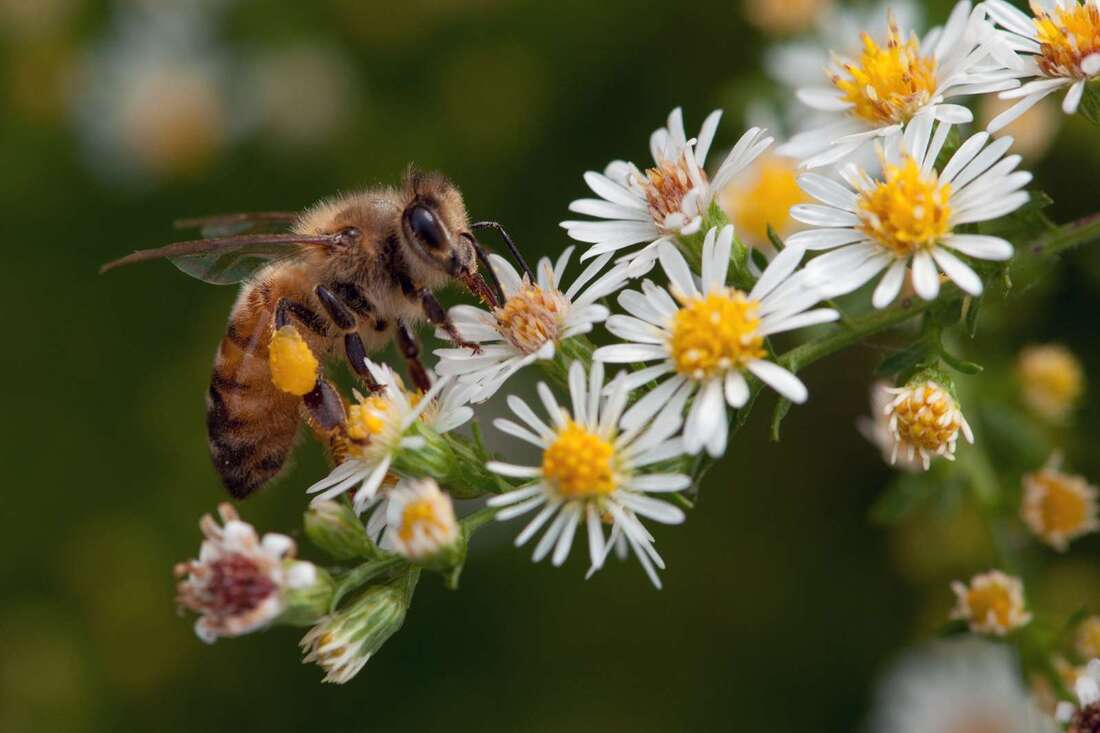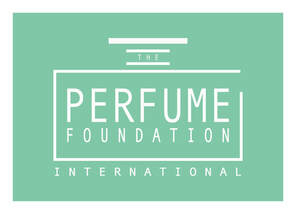|
Our sense of smell will be extraordinarily precise if we train it everyday, the same way we do yoga or sports by CREEZY COURTOY Certified Olfaction Trainer Cover your eyes and you will stop seeing, cover your ears and you will stop hearing, but if you cover your nose and stop smelling, you will die. Our sense of smell can be extraordinarily precise, yet it’s almost impossible to describe how something smells to someone who hasn’t smelled it… We see only where there is enough light, taste only when we put things into our mouths, touch only when we make contact with someone or something, hear only sounds that are loud enough to hear. But we smell always and with every breath. Cover your eyes and you will stop seeing, cover your ears and you will stop hearing, but if you cover your nose and stop smelling, you will die. Smell is the most direct of all our senses. When I hold a violet to my nose and inhale, odor molecules float back into the nasal cavity behind the bridge of the nose, where they are absorbed by the mucosa containing receptor cells bearing microscopic hairs called cilia. Five million of these cells fire impulses to the brain’s olfactory bulb or smell center. Such cells are unique to the nose. If you destroy a neuron in the brain, it’s finished forever; it won’t regrow. If you damage neurons in your eyes or ears, both organs will be irreparably damaged. But the neurons in the nose are replaced about every thirty days and, unlike any other neurons in the body, they stick right out and wave in the air current like anemones on a coral reef. Honey bees use their antennae to detect odor.
According to research by the National Institutes of Health, published in the "Genome Research" journal, honey bees have 170 odor receptors, or chemoreceptors, in their antennae. This is high for an insect -- fruit flies (Drosophila melanogaster) have 62 receptors and mosquitos (Anopheles gambiae) have 79. The honey bee’s sense of smell is so sensitive that it can detect the trace of a scent in flight. This ability equips the bee to effectively and efficiently locate pollen-rich flowers. Once the scent is detected on the antennae, the bee’s hyper-sensitive olfactory path processes the information, enabling the bee to determine the relevance of the scent to her search for pollen. As well as for finding food, honey bees use their sense of smell to locate other bees. Our sense of smell can be extraordinarily precise but we need to train it everyday, the same way we do yoga or sports. Learn to train your olfactory sense.
0 Comments
|
Archives
October 2023
Categories
All
|




 RSS Feed
RSS Feed

